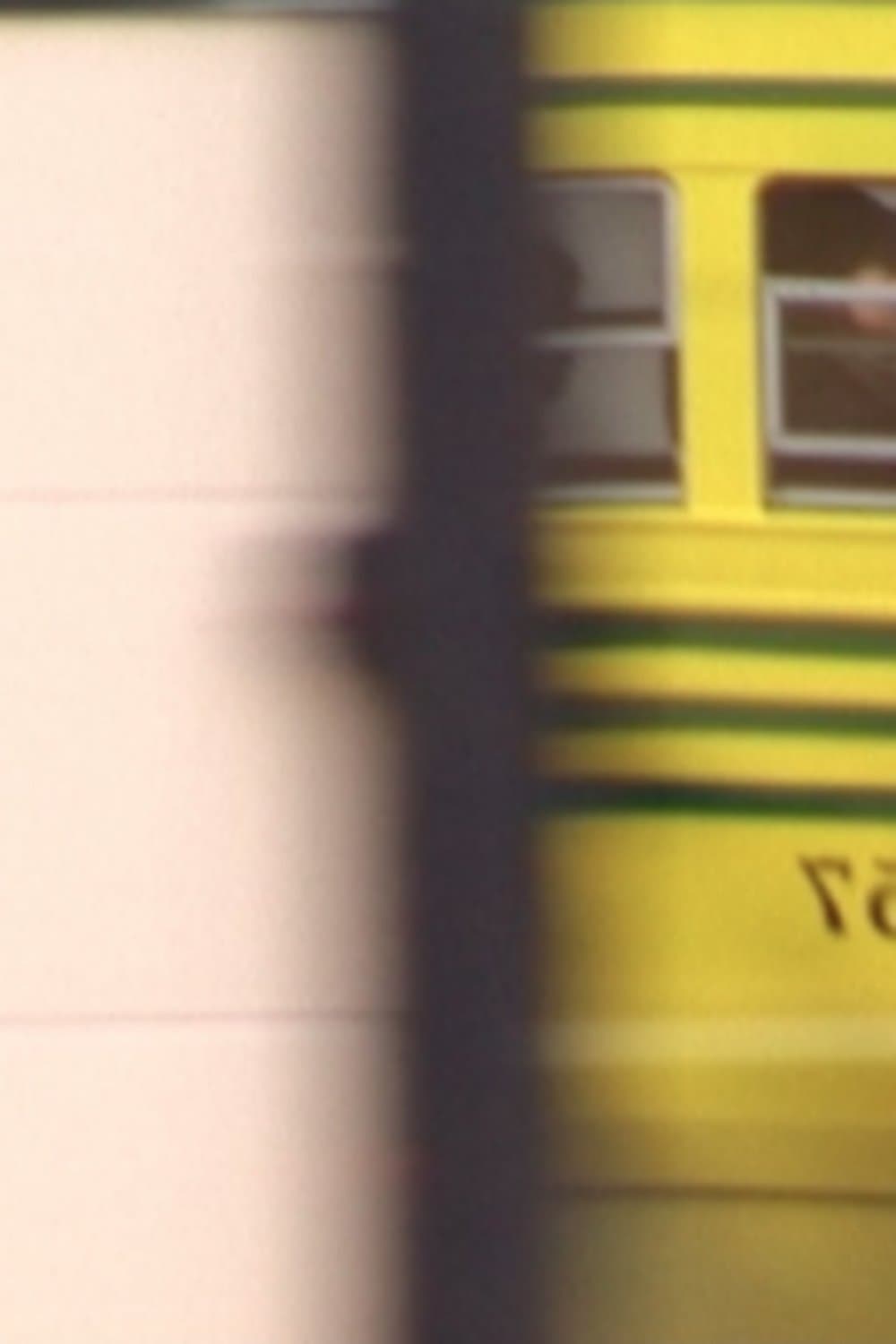
History of Postwar Japan as Told by a Bar Hostess
Jun 03 1970
•2h 45m
•Documentary, History
Postwar Japan as it is described by Etsuko, the manager of a bar catering to foreigners in Yokosuka. The way of life of a woman brimming with vitality, who skipped the countryside right after the war and, with her womanhood as a weapon, lived through atomic bombings, black markets, prostitution aimed at American soldiers and the Korean War. Inserting newsreels, Shohei Imamura depicts the history of twenty-five years in the Japanese postwar by way of the female body. (doclisboa)
Cast
See allEmiko Akaza
Self
Recommendations
See all
Monster Portal
A young woman inherits her estranged father's estate after his mysterious death. Once she and her friends arrive at the mansion, they discover that the home is on an old cemetery, which has the power of opening a portal to another realm, which contains the creatures foretold to the world by writer H.P. Lovecraft.

Little Q
Little Q is an aspiring guide dog, training to be a guide for the blind. Soon Little Q is partnered with Bo-ting, a renowned pastry chef who’s losing his sight. But Bo-ting is irritable and reluctant, constantly losing his temper at those around him and rejecting Little Q. Eventually, dog and owner bond as Little Q wins Bo-ting over with its unwavering loyalty. However, as Little Q gets older and Bo-ting’s health suffers, the two of them face an unwilling separation...

Clockwork Bananas
Gilles, who operates a money losing garage, teams up with his friends Max, who operates a scrap yard, and lawyer Xavier to open a brothel catering to women. They get the idea from Gilles' secretary Irma, a former prostitute. They are assisted in the implementation by Max's wife Juliette and Sabine who is mad for Gilles. Unfortunately Gilles has fallen for Florence the daughter of the conservative Prime Minister and his wife. When the Prime Minister tries to shut down the brothel Gilles decides to stand against him in the election.

way
San Francisco filmmaker Konrad Steiner took 12 years to complete a montage cycle set to the late Leslie Scalapino’s most celebrated poem, way—a sprawling book-length odyssey of shardlike urban impressions, fraught with obliquely felt social and sexual tensions. Six stylistically distinctive films for each section of way, using sources ranging from Kodachrome footage of sun-kissed S.F. street scenes to internet clips of the Iraq war to a fragmented Fred Astaire dance number.